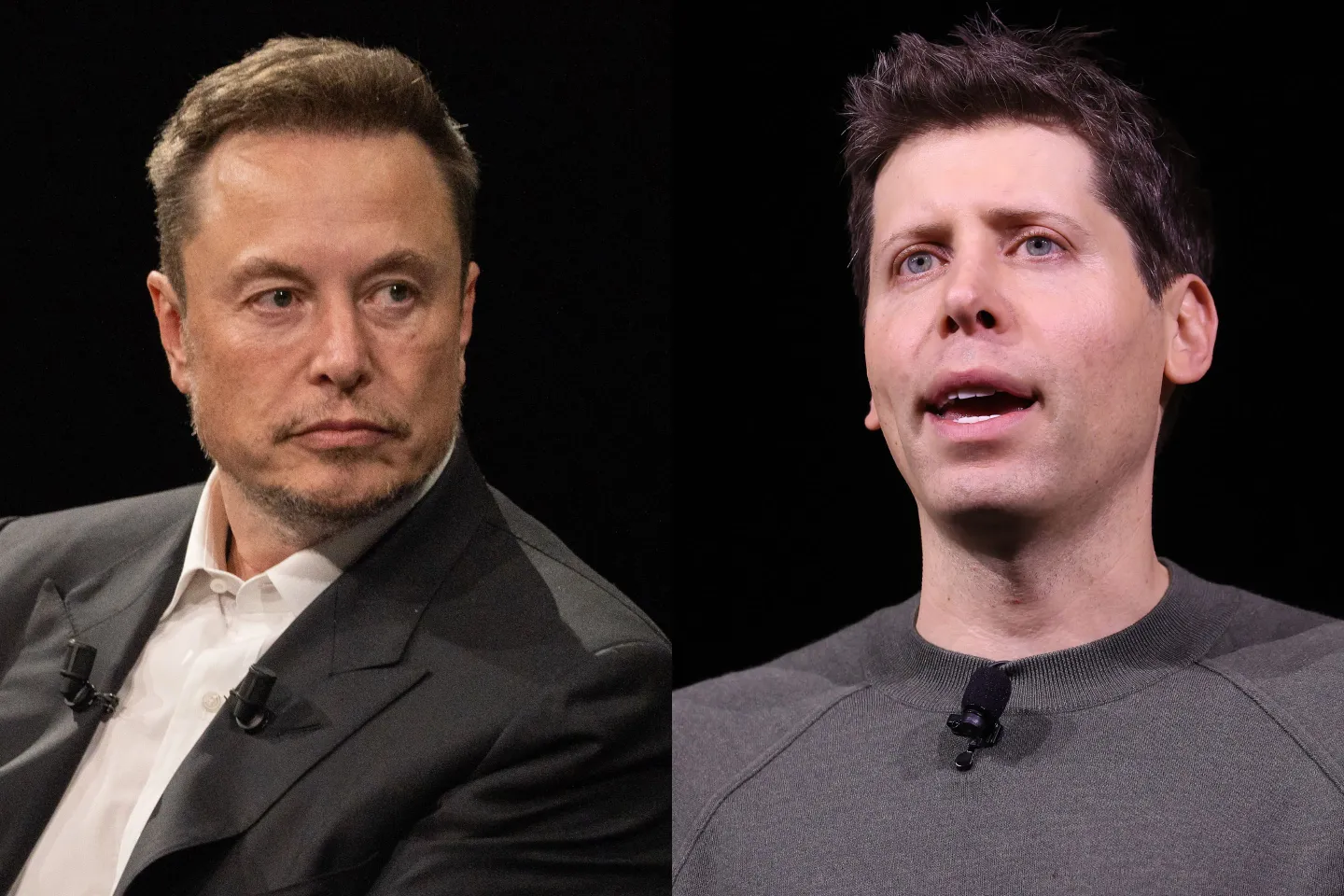The Controversy Over Exclusivity in AI Partnerships
The growing collaboration between Apple and OpenAI has triggered sharp debate about competition in the artificial intelligence sector. Apple’s move to embed OpenAI’s generative AI tools directly into its ecosystem is seen by many as a turning point in how advanced chatbots reach consumers. While the decision gives millions of iPhone and Mac users instant access to cutting-edge AI capabilities, it also raises questions about exclusivity and market dominance. Critics argue that the deal prevents other AI providers from competing on equal terms, potentially undermining innovation and consumer choice. Apple’s reputation for creating closed systems, as seen in its control of the App Store, has already been the subject of antitrust scrutiny in both the United States and Europe. Now, its AI strategy is being analyzed through the same lens.
Impacts on Competition and the AI Market
Generative AI is one of the fastest-growing fields in technology, with applications ranging from productivity tools to entertainment. OpenAI has established itself as a leader, commanding a large share of the global chatbot market. By aligning so closely with Apple, it gains access to a vast base of users while competitors may find themselves locked out of a crucial distribution channel. This is especially relevant given Apple’s dominance in the smartphone market, where its devices account for more than half of U.S. mobile users. Rivals like Google and independent developers face new obstacles in bringing their AI systems to consumers, since Apple’s prioritization of OpenAI tools could reduce visibility for alternatives in the App Store and on iOS devices. The situation illustrates how platform owners can influence competition by controlling which technologies reach users first, echoing past cases where app ranking and revenue-sharing rules became major points of dispute.
The Future of AI Regulation and Consumer Choice
As governments around the world weigh regulations for artificial intelligence, the Apple-OpenAI partnership is likely to become a reference point in policy discussions. Lawmakers have increasingly emphasized the need to balance innovation with fair competition, and exclusivity deals are viewed as potential risks to market diversity. The European Union, for instance, has already expanded its oversight of large technology companies under the Digital Markets Act, which specifically targets practices that restrict competition. In the United States, regulators have taken similar steps to monitor partnerships that could shape the direction of emerging industries. For consumers, the concern is not only about higher prices or fewer choices, but also about how data and user activity are managed. With AI tools integrated deeply into operating systems, personal information may become a valuable asset that strengthens the control of dominant players. At the same time, startups and alternative platforms like Perplexity AI and DeepSeek continue to innovate, showing that the market still has room for challengers if access barriers can be addressed.







